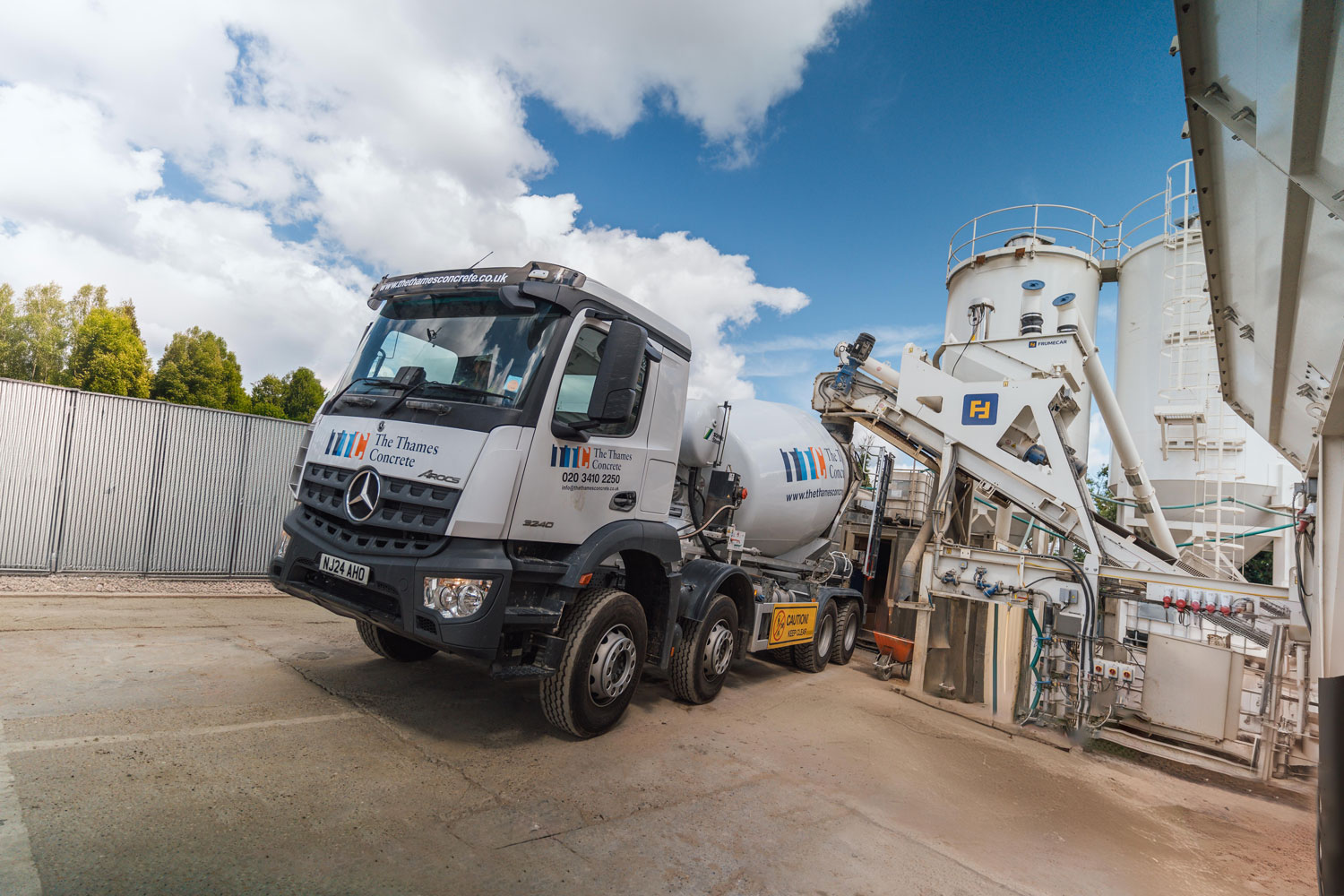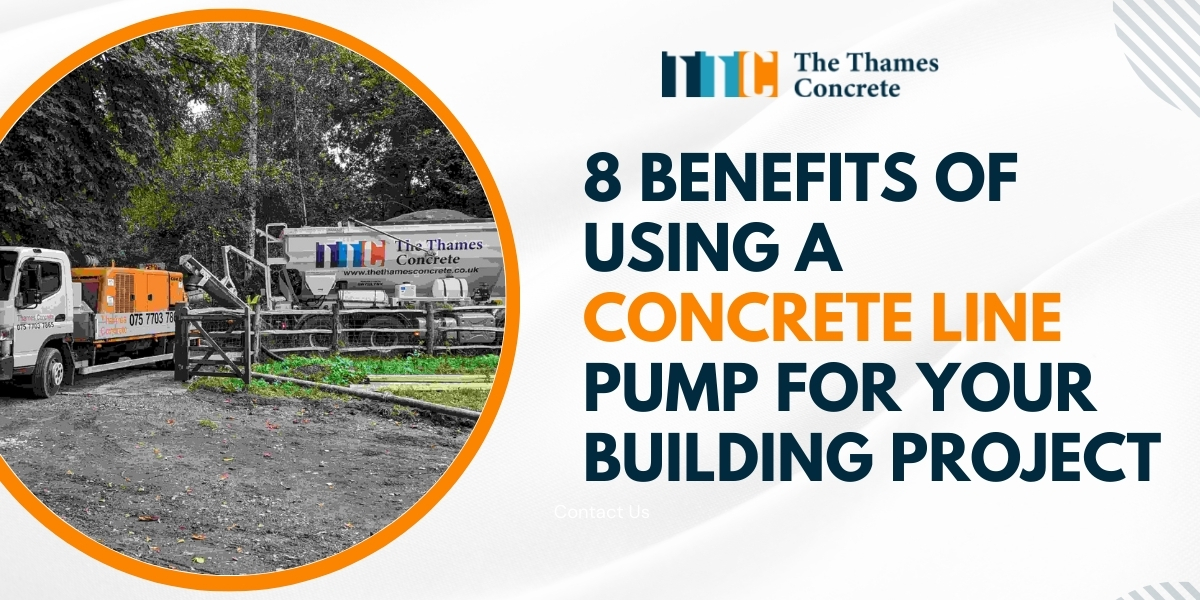
How Long Does It Take for Concrete to Cure?
When pouring concrete, one of the most important things you’ll need to consider is curing times; if the process is rushed, you risk a surface that is weaker, less durable and much more prone to cracking.
However, judging the ideal curing time can be tricky and affected by a variety of factors. So how long does concrete take to cure? The team at The Thames Concrete is here to explain the process.
What is concrete curing?
In order for concrete to become suitably strong and durable, it needs time to properly harden. During this process, the concrete must be kept moist and at a consistent temperature, as this allows the cement to hydrate and all the components of the mix to bind together.
What is the difference between concrete curing and concrete drying?
While concrete drying and curing are considered by many to be the same thing, the two processes are actually quite different. As the name implies, concrete drying occurs when excess moisture evaporates from the surface, making it dry to the touch. By contrast, curing requires moisture to ensure the concrete reaches maximum strength. If the concrete dries but doesn’t cure, the final product will be weak and brittle with a much shorter lifespan.
How long does concrete take to cure?
In general, the initial setting process takes around 24-48 hours; after this, the concrete will be able to accommodate light foot traffic without the finish being ruined. However, it still won’t have reached full strength and will require more time to cure completely. After one week, the concrete should have reached around 50% of its strength, and in 28 days it should have reached maximum strength and cured completely.
It’s important to bear in mind that the time the curing process takes can be affected by a number of factors, which we’ve covered in more detail below.
Factors that affect concrete curing time
Temperature: If the weather is too hot, then the concrete might cure too quickly whereas cold weather can slow down the process.
Humidity: A high humidity level can actually help the hydration process and lead to a stronger, more durable concrete mix.
Thickness: As you might assume, the thicker a layer of concrete, the longer it will take to cure.
Admixtures: Chemical admixtures are additives that can be added to a concrete mix to modify its properties to your needs. Accelerator admixtures help to speed up the curing process while retarders will slow it down, meaning these can be used if you need to stick to a specific timeline or work around adverse weather conditions.
How to ensure proper concrete curing
Maintain moisture: Ensure the concrete is kept moist for at least seven days. There are a number of ways this can be done, such as applying curing compounds, spraying with water and covering the concrete to help retain moisture.
Monitor the temperature: You should always keep an eye on the temperature outside and react accordingly. If it’s going to rain, your freshly laid concrete must be covered to prevent too much moisture from getting into the mix, whereas if the weather is due to be hot you may need to add more moisture.
Wait for the correct amount of time: As we’ve mentioned above, concrete takes around 28 days to fully cure. Patience is key and any attempt to rush this can result in a subpar mix.
Work with a trusted concrete supplier: To ensure you’re following the most suitable curing practices for your site conditions, the support of an experienced concrete company, like The Thames Concrete is essential.
Here at The Thames Concrete, we work with domestic, commercial and industrial customers across West London, Middlesex, Berkshire, Buckinghamshire and beyond. With our help, you can be sure that your concrete mix will reach its maximum strength and be of the highest quality. Contact us to find out more or get a quote.















